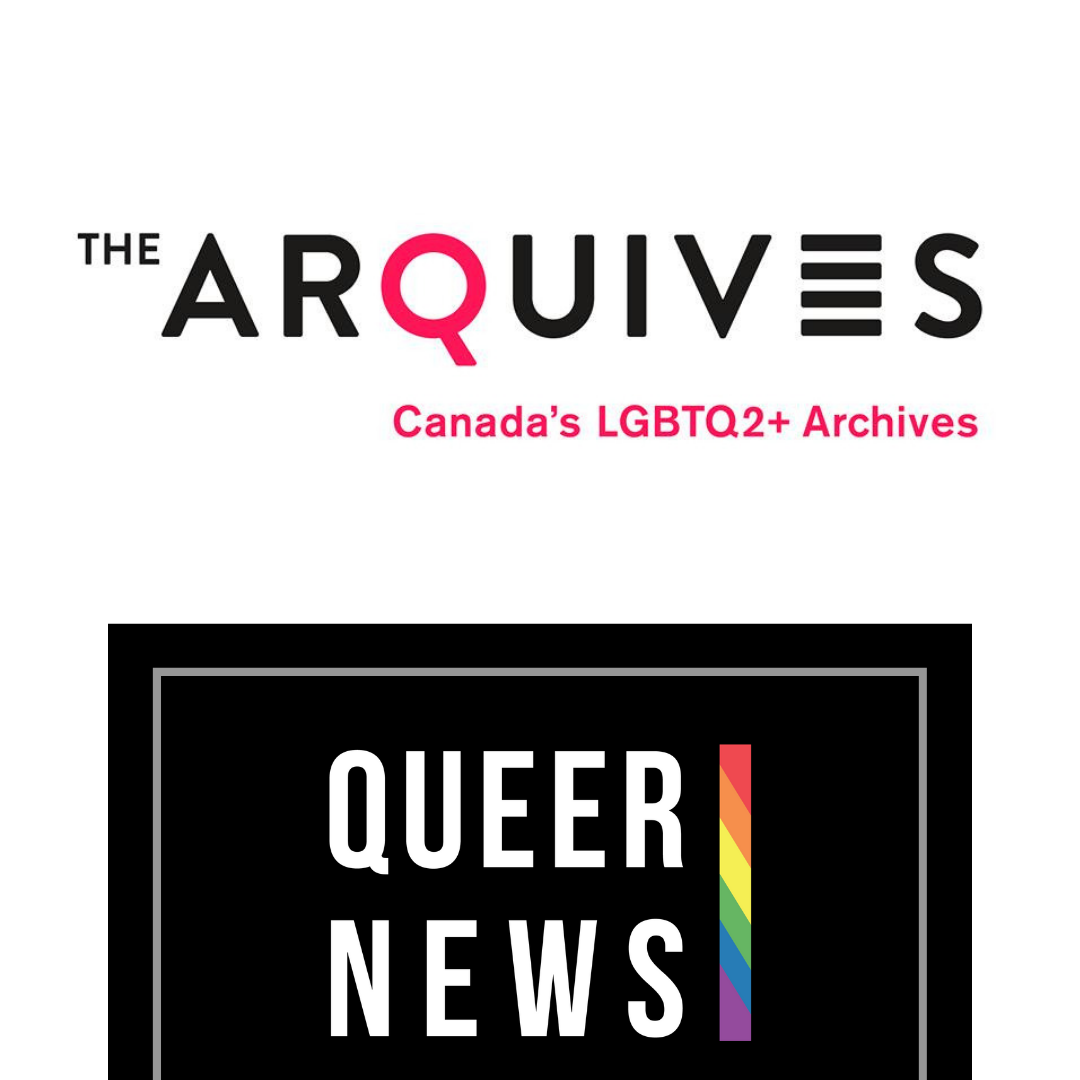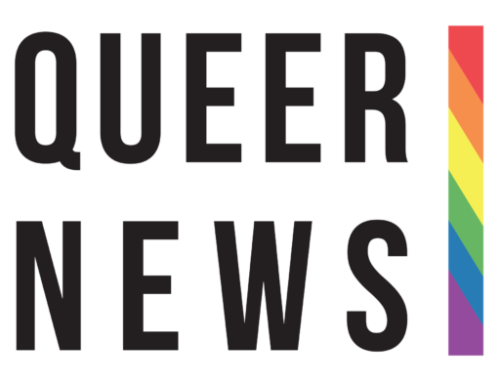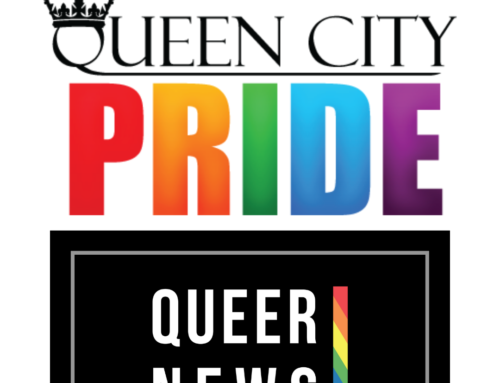Break From The Past: Toronto’s ArQuives Refreshes
Break From The Past: Toronto’s ArQuives Refreshes
Break From The Past: Toronto’s ArQuives Refreshes
Canada’s largest LGBTQ2+ archive checks in, to branch out
By Kristyn Anthony
If the queer community is anything, it is inclusive. It is the foundation on which we have built a safe space for all peoples, where expressions of sexuality and gender are constantly evolving.
In documenting that journey for the last 46 years, the ArQuives – Canada’s largest chronicle of queerlife – reached a point where its team realized the name it had been operating under was no longer truly representative of the community it served.

Two years in the making, executive director Raegan Swanson says the rebrand was an opportunity “to show LGBTQ+ communities that we are actively trying to make our space and collections more inclusive.”
Nestled on a quiet side street in Toronto’s Village neighbourhood, the former Canadian Lesbian and Gay Archives has, since 1973, provided a brick and mortar home for a collection of 5,000 3-D artifacts, 20,000 books and 10,000 periodicals detailing the history of our nation’s queer community.
The new name, “is also a reflection of who is working and volunteering at the archive,” Swanson says. When the non-profit was founded it was predominantly run by and for men, now five decades later, the name was no longer representative of the organization’s mandate or reflective of the changes the community has experienced.
Throughout the process, community members, stakeholders and volunteers – some 100+ of them that keep the place running – were consulted. What they found was a generational divide when it came to language, and that ultimately better representation was possible.
“Trans, bisexual, queer, and two-spirit folks are no longer excluded from our name, which is often the first point of engagement with our organization,” Swanson points out.
While other LGBTQ2+ museums and archives around the world have embraced the word queer in their branding, the team wanted to honour and respect that some folks are not as comfortable with its use as others.
To coincide with the rebrand, the ArQuives have also digitized their collection enabling further reach for users online. The database will be available to the public including academics and researchers.
“Putting the portal online is the first step,” Swanson says, “making sure folks could see what we actually had”.
Not everything in the collection can be digitized but users can now scan the materials, much like a library catalogue. Online exhibits will be made available and Swanson says more data will be added regularly as well.
“It’s a long and expensive process,” she says of digitizing, pointing out the ArQuives relies on donations and project grants like the one provided by TD Canada Trust and the Pride & Remembrance Foundation that enabled the whole endeavour.
In May, the ArQuives will host “Legacies in Motion” a black queer archival memory project followed by Doors Open Toronto, the annual showcase of the city’s most culturally and socially significant buildings.
Visitors of all abilities will have access to the first and second floors of ArQuive’s Isabella Street location thanks to a new ramp and elevator – one more sign of its dedication to inclusivity.
“We’re excited to make sure folks understand that we’re here to support them,” Swanson says. “If we’re not doing it, there is no one else that is going to be taking that up.”





